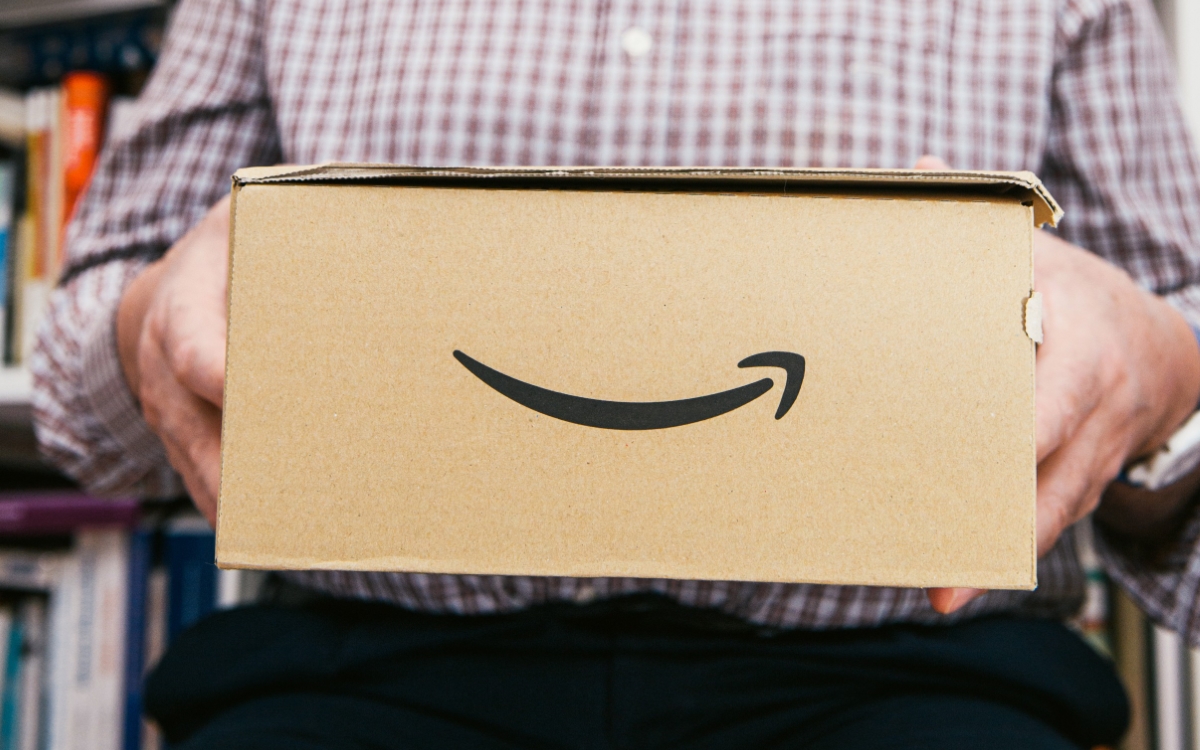Amazon probably thought her famous urine stories were behind her, but that didn’t count on Oobah Butler. The British journalist has in fact developed, for the sake of a documentary to be released, an experiment which turned out much better than he would have expected. For a time, he managed to sell the urine of the multinational’s employees.
The thing sounds bad – which undoubtedly it is – but the story is beautiful and very true. It all began when British journalist Oobah Butler decided to make a documentary on working conditions at Amazon. It would be an understatement to say that the American giant has repeatedly been singled out on this subject by the media and workers’ associations, despite numerous statements from representatives affirming the opposite.
Oobah Butler thus manages to infiltrate an Amazon warehouse by posing as an employee. Quickly, however, his cover is blown when one of his colleagues recognizes him. By interviewing several delivery men, he “learns” that many of them are forced to urinate in bottles to meet the deadlines imposed by the company. It’s not a big revelation. The case had already caused a stir when it was published in 2018.
He sells the urine of Amazon employees… on Amazon
What we did not yet know, however, is that drivers are sanctioned by Amazon if the hierarchy discovers bottles of urine in their trucks. Many of them then resign themselves to leaving them at the side of the road. This is where Oobah Butler comes in. Upon learning of this, the journalist decides to explore the roads around the warehouse to find these famous bottles. And achieves it without much effort.
On the same subject — Amazon France increases the minimum price for free delivery, in complete discretion
What happens next is even more surprising. Butler decides to create a fake brand of energy drink with an evocative name: Release, actually containing the collected urine, then to sell the latter on Amazon. The journalist assures not only that he did not face any obstacles when marketing the cans, but also that he received a call from Amazon wishing to help him in promoting his product.
“I thought the food and drink license would prevent me from registering [Release] on the site, so I started in the refillable pump dispenser category. Then the algorithm moved it to the drinks category », explains Oobah Butler to Wired. The documentary, soon to be broadcast on Channel 4, contains other edifying sequences, such as when the journalist makes his nieces aged 4 and 6 buy knives, saws and rat poison, without opposition from the site .
Source: Wired
